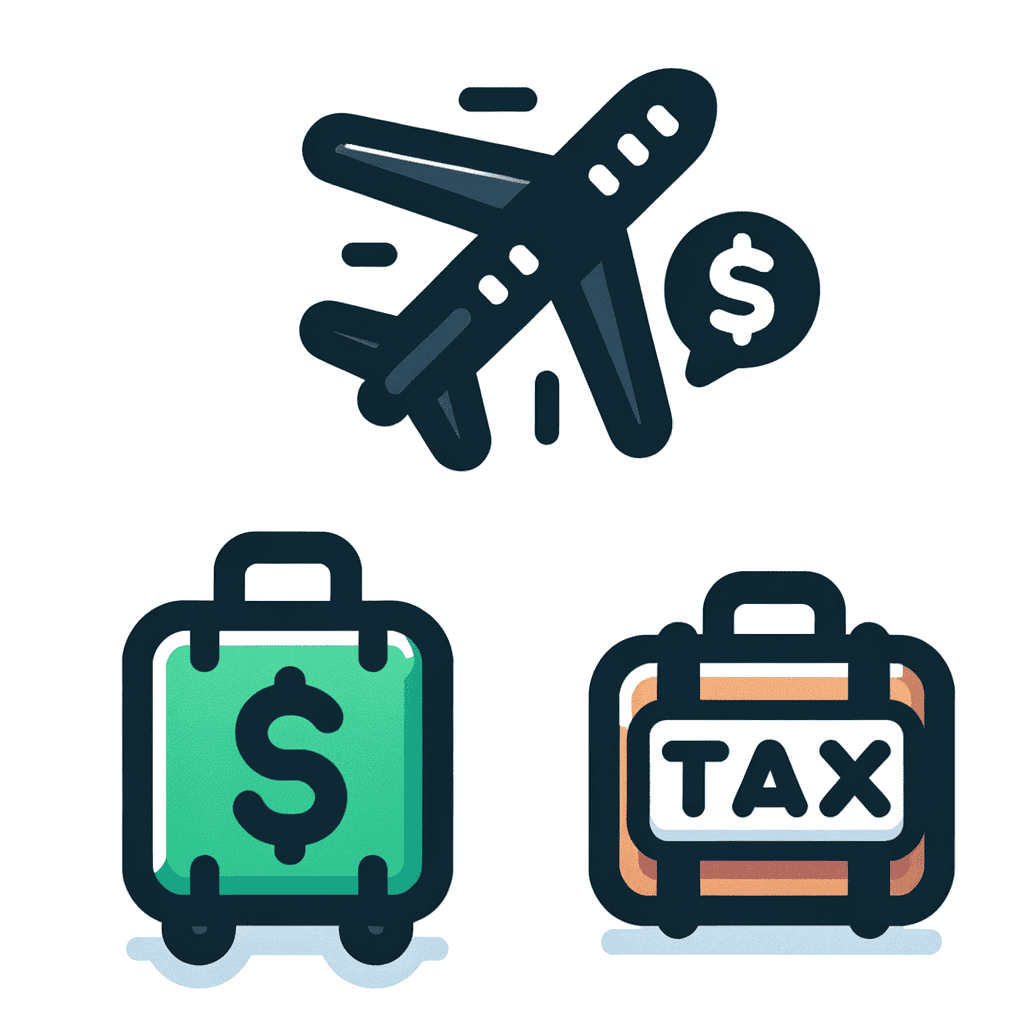Fiji’s decision to increase its departure tax may backfire, giving competing destinations an upper hand due to lower prices, thus jeopardising Fiji’s tourism reputation due to higher costs. According to ANZ’s international Pacific Economist Dr. Kishti Sen, the influx of affluent travelers and Australians, who maintained Fiji’s tourism demand post-COVID, is dwindling.
Dr. Sen points out that Australians, who constitute Fiji’s largest tourist market, are reverting to their favorite South-East Asian destinations, as Australia’s cash savings ratio stabilizes to approximately 14% pre-pandemic levels. Similarly, tourists from New Zealand, the second major source market, are also decreasing at a slightly higher rate than Australians.
Dr. Sen emphasizes that “Tourism is very price sensitive. We need to compete on prices to attract tourists to Fiji.” He warns that increasing the departure tax could hinder competitiveness, especially when households in major tourist markets are grappling with cost-of-living pressures and seeking travel value for money.
In August next year, Fiji will resume its position as a country with one of the highest airport departure taxes in the world, following an increase to $170 next month and $200 next year. Despite this imminent hike, which is projected to contribute an additional $46.4 million in revenue this year, the government defends its rationale by insisting that the tourism industry can absorb this cost since it is doing remarkably well.
